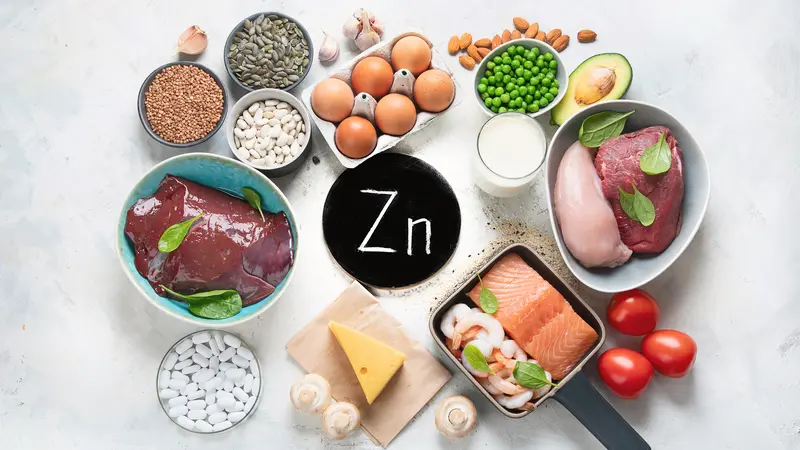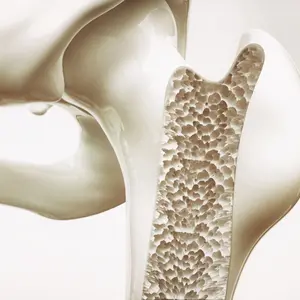

Food, Farming and Nutrition

Food, Farming and Nutrition
Zinc’s Critical Role in Immune System and Bodily Functions
With COVID-19 wreaking havoc around the world, the importance of having a healthy immune system has become top priority for many. As an immune-boosting mineral, Zinc has gained attention throughout the pandemic as a means of maintaining good health.
While there isn’t yet sufficient evidence for zinc to be recommended in the prevention and treatment of COVID-19, some studies have shown promise and research is ongoing. Studies have found that zinc plays a crucial role in almost every aspect the body’s function. A naturally occurring trace mineral needed to fight off bacteria and viruses, zinc is essential for growth in humans, animals, and plants. Zinc is used in the process of cell division to create DNA and helps heal wounds. It plays a significant role in many bodily functions, from fertility and pregnancy to preventing neurodegenerative disorders such as Alzheimer’s disease to metabolism of fats and sugars. Zinc is also linked to smell and taste as well as vision and the prevention of eye disease. In addition, studies show zinc also protects against cardiovascular disease by reducing total cholesterol and preventing plaque buildup in arteries.
The Recommended Dietary Allowance (RDA) for zinc is fairly small in comparison to other vitamins and minerals, increasing slightly from infancy to teenage years into adulthood. The National Institutes of Health recommends about 8 mg for women and 11 mg for men. While taking supplements is an option for ensuring RDA intake, there are many foods that contain zinc, including whole grains, soy foods, legumes, nuts, hulled hemp seeds, and pumpkin seeds. Oysters contain the highest concentration of zinc of any foods.
Studies have shown that disease is often linked to zinc deficiency, a problem affecting 17% of the global population. Those at high risk of zinc deficiency include pregnant and breastfeeding women, elderly, chronic alcohol users, smokers, those with absorption disorders of the digestive tract, and people on high-dose iron supplements. Ongoing research continues to unveil new findings about the many benefits of zinc for strengthening the immune system and its crucial role in multiple bodily functions.
REFERENCES
Robbins, O. (2021, May 26). Zinc: benefits, risks, & how much you need. Food Revolution Network. https://foodrevolution.org/blog/zinc-benefits/?


 By
By







